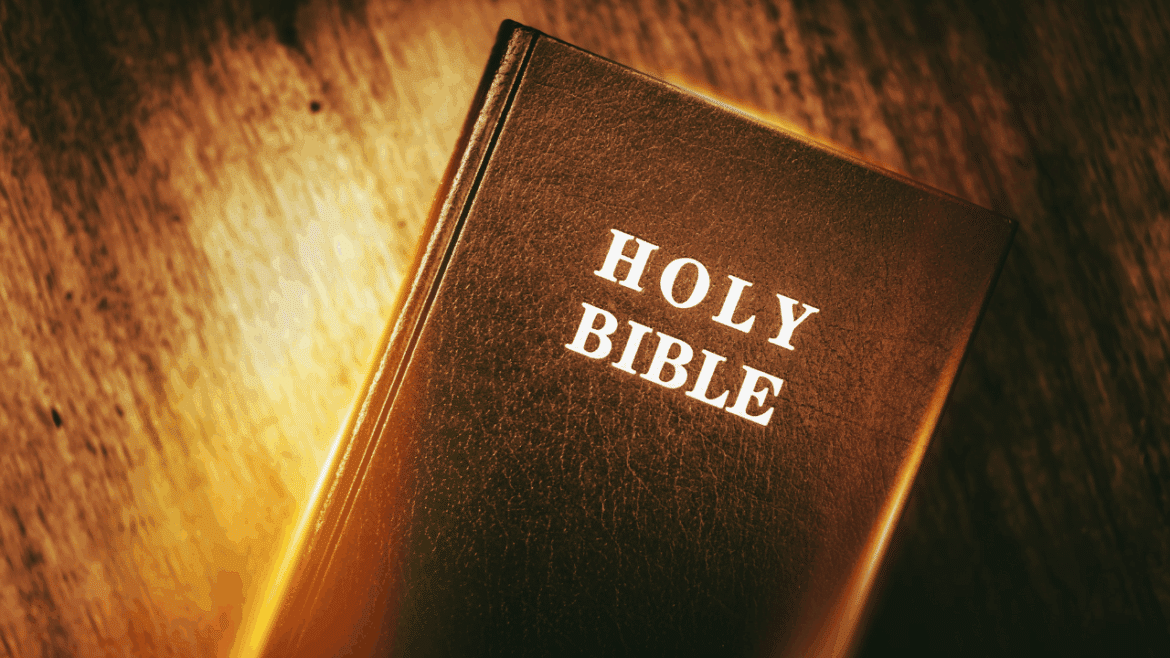The creation story in the Bible offers a detailed explanation of how the world came into being. This article highlights the individual steps of creation, their symbolic meaning, and how they can be understood in the context of modern science.
The biblical creation story: A detailed explanation of the origin of the world
The Bible’s creation story describes how God created the world in six days. This narrative is not only a religious document, but also a cultural foundation for many societies. The question arises as to what significance this story still has today and how it can be reconciled with modern scientific findings.
- Creation begins with the creation of light on the first day, which brings order to chaos and enables the separation of day and night. This symbolism of light as the beginning of all life runs through many religions and cultures.
- On the second day, the sky is created when God divides the waters. This idea illustrates the order in the universe by establishing the separation between the waters above and below the earth.
- The third day brings the creation of the land and vegetation. Here, the fertility of the earth is emphasized, which forms the basis of all life and ensures sustenance through nature.
- On the fourth day, God creates the heavenly bodies, on the fifth day the animals of the water and the air, on the sixth day the land animals and finally man.
- Each of these steps shows the increasing complexity of creation and the special position of man as the image of God.
Symbolism in the story of creation: meaning and interpretations
The story of creation is more than just a simple narrative. It carries deeper symbolic meanings that have been interpreted and reinterpreted over the centuries. Its images and symbols offer insights into human thought and belief.
- Light, as the first creation, symbolizes knowledge and enlightenment. In many cultures, light is considered a symbol of goodness and the divine presence.
- The separation of heaven and earth can be understood as a metaphor for the need for order and structure in life. It reflects the human longing for clarity and orientation.
- The creation of plants and animals shows the abundance and diversity of nature. It reminds us that humans are part of a larger ecosystem and are responsible for its preservation.
- Humans, as the last creatures to be created, are often seen as the pinnacle of creation. This view emphasizes the special role of humans in preserving and shaping creation.
The story of creation and modern science: a comparison of perspectives
Many people wonder how the biblical story of creation is compatible with scientific theories. The challenge is to reconcile religious traditions with the findings of modern science.
- The theory of evolution describes the development of life over millions of years, while the story of creation condenses this into six days. Some do not see this as a contradiction, but as different perspectives on the same event.
- Some theologians interpret the days of creation metaphorically, not as literal 24-hour days. This allows for compatibility with the long period of time required for evolution.
- Cosmological theories such as the Big Bang are consistent in a sense with the biblical “Let there be light,” as both describe a starting point for the universe. However, this is more of a metaphorical parallel than a scientific equivalence.
- The discussion about creation and science promotes dialogue between faith and reason, whereby both approaches can provide valuable insights into the understanding of our existence.
The relevance of the creation story today: cultural and ethical influences
The relevance of the creation story extends far beyond religious circles. It influences ethical, moral, and ecological considerations and remains an essential part of the cultural identity of many people.
- The creation story provides an ethical framework for dealing with nature by emphasizing humanity’s responsibility to preserve creation.
- It provides moral guidance by raising fundamental questions about the meaning of life and the role of humans in the universe.
- In a world increasingly affected by environmental problems, the story reminds us of the need for sustainable action and respect for nature.
- Culturally, the story of creation connects different generations and communities through shared traditions and values that transcend religion.

